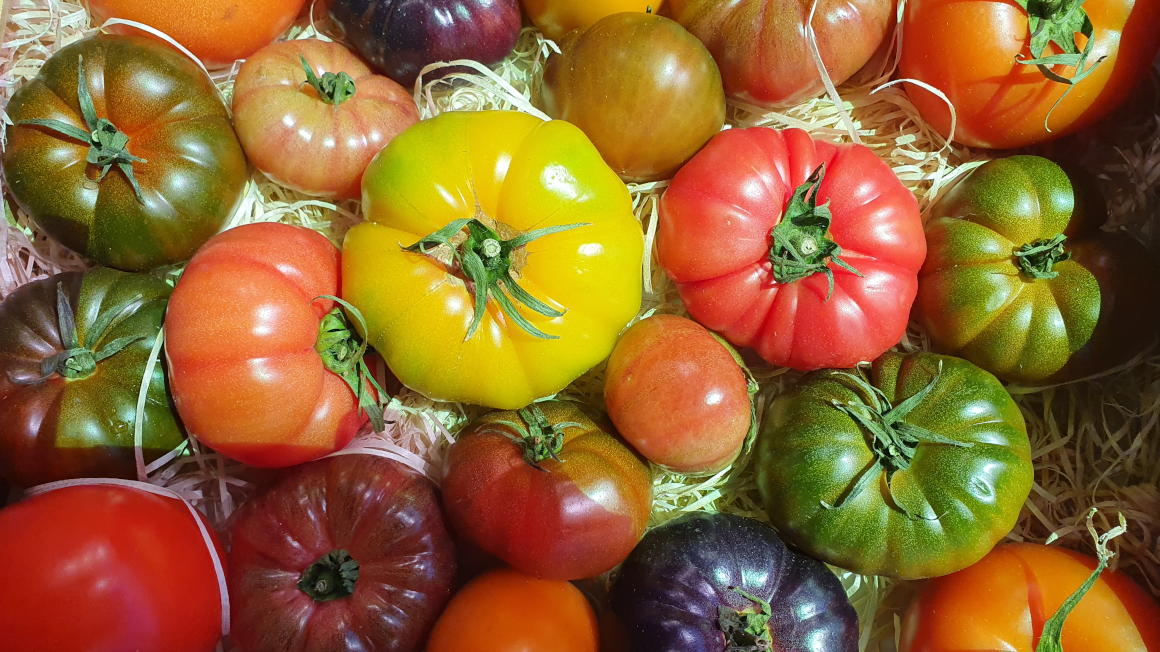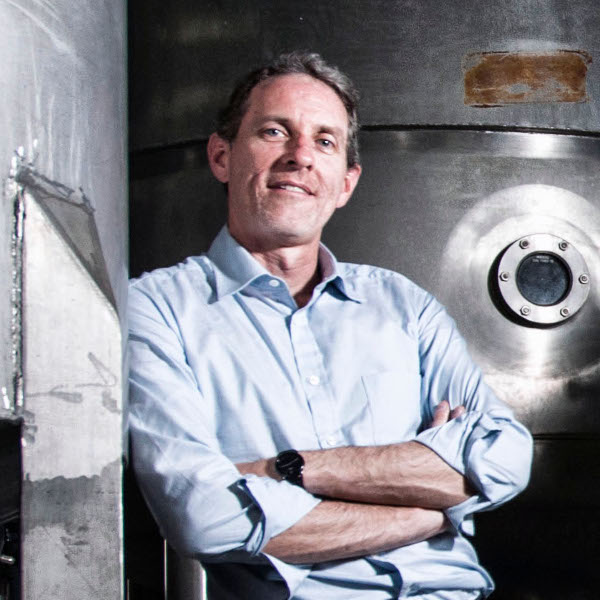
Around eight percent of people in Germany follow a vegetarian or vegan diet, according to the Nutrition Report 2022 published by the German Federal Ministry of Food and Agriculture. One out of two people surveyed has at least once tried vegetarian or vegan alternatives to animal products - and the number is growing. But which meat alternatives to meat will come out on top? The TRADINNOVATION research project has investigated the status quo for three product groups: plant-based meat substitutes, insects and cultured meat.
"At the Fraunhofer Institute for Systems and Innovation Research ISI, we research innovations and innovation systems within the bioeconomy," says Dr. Bärbel Hüsing. She led the study, which ran from July 2019 to the end of 2022 and was funded by the German Federal Ministry of Education and Research with around 440,000 euros. "We asked ourselves: what disruptive innovations are there in the bioeconomy?" Often, bio-based raw materials merely replace fossil-based raw materials, with few other changes. "With meat, it could be different," says Hüsing. "You would no longer need livestock production, or slaughterhouses, but factories."
"We need to produce less meat"
When the project idea was born in 2018/19, the first plant-based meat alternatives had just appeared on the market. In the meantime, alternatives to animal protein in general have become much more widespread, including dairy products made from alternative proteins, cultured fish products and egg alternatives. In an analysis beginning today, these would also be investigated, Hüsing says today. "But the focus on meat is still valid: We need to produce less meat to protect the climate and to be able to use agricultural land not for feed production but rather for raw materials for the bioeconomy," the researcher explains.
The team at Fraunhofer ISI compared the three innovation systems for meat alternatives based on plants, insects and cell cultures for Germany. What are the strengths and weaknesses of the three systems? Do they influence each other or do they tend to develop independently? To answer these questions, the experts evaluated literature and Internet sources and interviewed stakeholders.
Meat alternatives are niche products
It came as no surprise that currently, all three meat alternatives proved to be niche products compared to meat. Only plant-based alternatives were consumed at a notable rate of around one kilo per person per year. By comparison, the average German eats about 52 kilos of meat per person per year.
Meat alternatives with insect protein didn't reach the market until recently. "At the beginning, this was an emerging sector similar to that of plants before," says Hüsing, looking back. But while plants are governed by the Food Act, and thus only by the requirement that the manufacturer guarantee the safety of the food, things are more complicated with insects. For a long time, it was unclear which rules even applied to insects. In the meantime, insects fall under the EU's Novel Food Regulation. They therefore require a positive safety assessment by the European Food Safety Authority (EFSA), after which the EU Commission can issue a marketing authorization.
When it comes to insects, not much is going on in Germany
"Since then, four insect species have been tested and six applications have been approved, and a further 16 applications have been submitted," reports Hüsing. "De facto, however, not much is going on in Germany," the researcher puts the figures in context, especially since all the applications came from companies outside Germany. "Within Germany, we are not aware of any company that produces insects on a larger scale for the food sector." The few suppliers of insect products import the insect protein for this purpose or are merely a distribution channel. They are also mostly insects for snacking or protein for protein bars and supplements, but not meat alternatives. Most insect manufacturers have switched gears: they produce insects as feed for poultry, pigs and aquaculture. "This is more sustainable than soy or fishmeal, but it consolidates meat production, which we actually need to get away from," Hüsing criticizes.
The production of cultured meat has also not been forthcoming in Germany so far, the project manager reports. "There are no companies that currently produce cultured meat directly, but there are a number of companies that are suppliers of fermenters, scaffolding substances or cell culture media." These companies are globally competitive and cooperate with leading companies in other countries, she said. Like insects, cultured meat falls under the Novel Food Regulation in the EU. Exactly how this new product category must be assessed and what documentation is even required for an application for approval is only now being determined by EFSA. Accordingly, no applications for market approval have yet been submitted in the EU. Internationally, too, there are only a few commercial products, for example in Singapore and soon in the USA. They are currently only offered in exclusive restaurants.
There is a need for a strategy process on meat alternatives
"We recommend that policymakers set up a strategy process," says Hüsing, summing up the project's conclusions. So far, she says, there has certainly been project funding of alternative proteins, but there is a lack of a clear goal. Using insects as feed would make meat production more sustainable, but would cement other effects of factory farming that are no longer wanted - such as manure problems, greenhouse gas emissions and land use changes. Plant-based alternatives should also aim for a diet that's less meat-heavy and therefore healthier, the researcher points out, noting, "We need to bring meat production down to a level that respects planetary boundaries." Such a strategy process should then ideally focus on all alternatives to animal foods, not least because alternatives to dairy products in particular are developing rapidly. Moreover, she said, the latest trend is hybrid products made from cultured cells and plant proteins.
The German government's nutrition strategy is currently being drawn up. It favors more of a whole-food diet with freshly cooked legumes and the like. "I would like to see meat alternatives taken into consideration in this," Hüsing explains. People don't change their dietary behavior readily. If you're a meat eater, you might eat a schnitzel made with pea protein, or you might eat the soy sausage at the barbecue. "But it is unrealistic to expect that from now on there will be only chickpea stew nationwide." Meat alternatives fit more easily into many people's lifestyles and could be a low-threshold introduction to a desirable plant-based diet.
An exit concept - just like for coal
The expert also recommends addressing the question of how to phase out mass meat production. The offer of meat alternatives alone is not sufficient for this, she says. "Moreover, meat alternatives hardly offer positive prospects for today's agriculture. With cultured meat, the prevailing vision is that this will be produced in large factories, but not by farmers." RespectFarms Foundation, for one, is sounding out whether it's possible to produce cultured meat on a farm in a feasibility study. "No one knows if this has any potential," Hüsing says, "but we need to consider early who would be on the losing end should cultured meat become a thing." Perhaps livestock producers could grow livestock with better animal welfare and at a reduced rate. Decommissioning premiums would also be a possibility. "In regions like Münsterland, where pigs and poultry are produced in close proximity, we need an exit concept, similar to the one currently in place for coal regions."
Hüsing shares another study result: the resistance of the meat industry is surprisingly low. Aside from the rather unsuccessful opposition to allowing plant-based meat alternatives to be sold with meat labels such as "pea schnitzel," the industry tends to show interest instead. The four major meat companies in Germany have all already invested in the area of meat alternatives.
Author: Björn Lohmann


